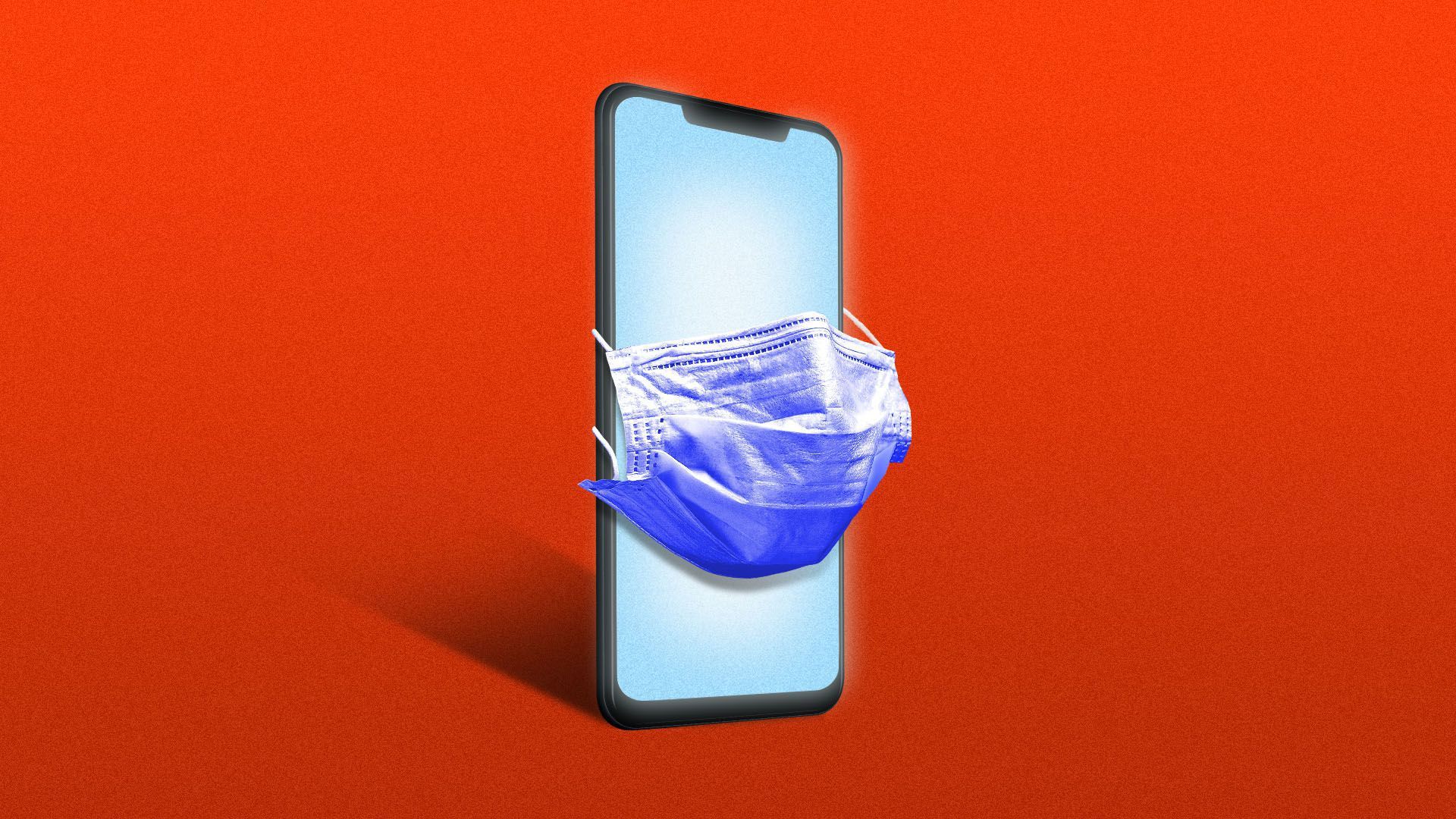Jun 15, 2020 - Technology
Why the U.S. has been slow to adopt coronavirus contact-tracing apps
Add Axios as your preferred source to
see more of our stories on Google.

Illustration: Sarah Grillo/Axios
Add Axios as your preferred source to
see more of our stories on Google.

Illustration: Sarah Grillo/Axios